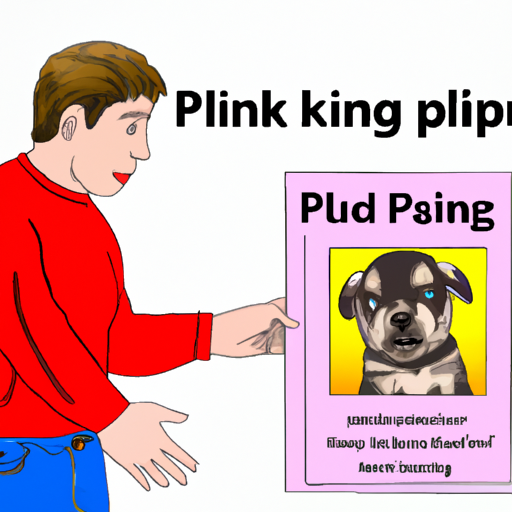Puppies can be a bundle of joy, but their barking can sometimes become a nuisance, especially during the wee hours of the night. But don’t worry, this guide will help you understand why your puppy is barking and how you can effectively stop it.
1. Understanding Why Puppies Bark
The first step in stopping your puppy from barking is to understand why they bark in the first place. Puppies bark for several reasons:
- Attention-seeking: Puppies often bark to get your attention. They might want to play, eat, or just want you to notice them.
- Boredom: If a puppy is left alone for long periods, they might start barking out of boredom.
- Fear or anxiety: Puppies can get scared or anxious due to various reasons, which may lead to barking.
- Response to other dogs: If your puppy hears other dogs barking, they might start barking too.
Understanding the cause behind your puppy’s barking can help you address it more effectively.
2. Training Your Puppy Not to Bark
Training is key to stopping your puppy from barking. Here are some methods you can employ:
- Ignore the barking: If your puppy is barking for attention, ignoring them might help. Once they stop barking, you can give them attention or a treat.
- Distraction: Distracting your puppy with a toy or a game can also stop them from barking.
- Quiet command: Teaching your puppy a ‘quiet’ command can be effective. Start by saying ‘quiet’ when your puppy is barking. Once they stop, reward them with a treat.
Remember, patience and consistency are crucial in training your puppy.
3. Using Tools and Devices
There are several tools and devices that you can use to stop your puppy from barking:
- Bark collars: These collars administer a harmless shock or spray a harmless substance when your puppy starts barking.
- Ultrasonic devices: These devices emit a high-frequency sound that only dogs can hear, which can stop them from barking.
While these devices can be effective, they should be used as a last resort and under the guidance of a professional.
4. Creating a Stimulating Environment
One of the reasons puppies bark is due to boredom. You can prevent this by creating a stimulating environment for your puppy:
- Play with your puppy: Regular playtime can keep your puppy entertained and reduce their need to bark.
- Provide chew toys: Chew toys can keep your puppy occupied for long periods.
- Regular walks and exercise: Regular walks and exercise can help burn off your puppy’s excess energy and reduce their need to bark.
5. Providing a Safe Space
If your puppy is barking due to fear or anxiety, providing them with a safe space can help. This could be a quiet room or a crate where your puppy can retreat when they feel scared or anxious.
6. When to Consult a Professional
If you’ve tried all of the above methods and your puppy is still barking excessively, it might be time to consult a professional. They can help identify any underlying issues that might be causing the barking and provide more targeted solutions.
7. Preventative Measures
Prevention is better than cure. Here are some measures you can take to prevent excessive barking:
- Socialize your puppy: Socializing your puppy from a young age can prevent fear and anxiety, which can lead to barking.
- Provide routine: Puppies thrive on routine. Providing a regular schedule for meals, playtime, and bedtime can help reduce barking.
8. FAQ
Q: How long does it take to train a puppy not to bark?
A: It depends on the puppy and the method used. With consistency, you might see results in a few weeks.
Q: Can I use a bark collar on my puppy?
A: Bark collars should only be used as a last resort and under the guidance of a professional.
Q: My puppy only barks at night. What can I do?
A: Your puppy might be scared or anxious. Providing a safe space can help. Also, make sure they get plenty of exercise during the day to tire them out.
Remember, it’s normal for puppies to bark. However, if the barking becomes excessive, it’s important to address it appropriately. With patience, consistency, and the right approach, you can successfully stop your puppy from barking.



